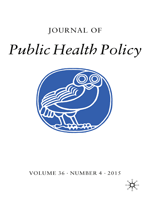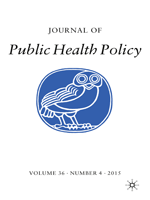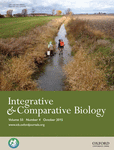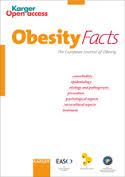 Following her request last month, a public health journal has retracted a paper co-authored by prominent nutrition researcher Marion Nestle, after revelations of multiple factual errors and her co-author’s ties to one of the subjects of the article.
Following her request last month, a public health journal has retracted a paper co-authored by prominent nutrition researcher Marion Nestle, after revelations of multiple factual errors and her co-author’s ties to one of the subjects of the article.
The article, an opinion piece, critiqued the supposed relationship between the biggest beverage distributor in Guatemala and the leading Guatemala-based public health organization, to distribute a fortified supplement (Manì+) for undernourished children. The relationship, the piece argued, raised concerns about the conflicts of interest that can occur when a food company pairs with a public health organization. But soon after publication, Nestle learned that she and her co-author Joaquin Barnoya had misrepresented that relationship, and failed to disclose that the public health organization was paying a portion of Barnoya’s salary.
Here’s the full retraction notice, published earlier this month by the Journal of Public Health Policy: Continue reading Retraction published for nutrition researcher Marion Nestle





